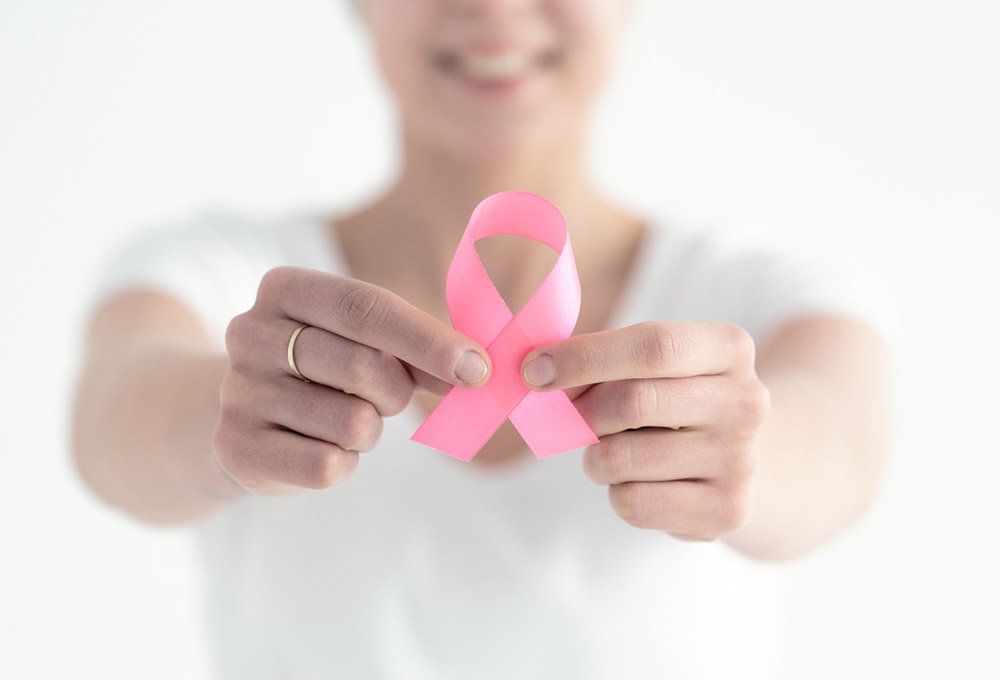

E-Brochure - Download Now!


As per a recent medical study, it has been observed that one in every eight women will develop an invasive form of breast cancer during their lifetime. However, a lot of women are concerned about breast cancer and assisted reproductive technology (ART) at the same time. They might be concerned about how fertility treatments at an IVF clinic in Mumbai might affect their ability to conceive and whether those treatments might make their cancer worse or come back.
Even though some studies have suggested a connection between ART and an elevated risk of breast cancer, particularly for women over the age of 40 and those in their mid-to early 20s, their findings are conflicting, and more investigation is required. The notion that there is even the slightest connection between IVF treatment in Mumbai and breast cancer has been debunked by numerous credible studies.
Hence, when discussing IVF and breast cancer history with your patient, it's critical to be as transparent and truthful as you can be given the conflicting evidence that your patient must consider.
How do estrogen levels in the human body impact breast cancer?
Complex interactions exist between estrogen, pregnancy, and breast cancer. Besides, a person's capacity to conceive and sustain a healthy pregnancy is significantly influenced by estrogen. However, certain types of estrogen receptor (ER) positive breast cancers may also be influenced by high estrogen levels.
So, it's crucial that your patient is aware of all the risks when considering IVF treatment so they can make the best reproductive decisions for themselves and their families. Moreover, many fertility specialists at IVF clinics advise estrogen supplementation during conventional IVF cycles to increase the likelihood of successful conception.
Follicle-stimulating hormone (FSH) and luteinizing hormone are the two hormones from which most IVF cycles' fertility medications are derived (LH). These hormones encourage the release of numerous mature eggs from the ovaries when used during an IVF cycle. Although these medications are frequently very effective, it's crucial to remember that they function by increasing the body's estrogen levels, which is something doctors conducting IVF lite in Mumbai should closely monitor.
Before embryos are implanted into the uterus, estradiol, an estrogen supplement, is frequently prescribed to encourage uterine lining thickening. For up to 12 weeks, doctors may recommend estrogen supplements to help ensure that the uterine lining is as thick as possible.
Considering the Pros and Cons of IVF
Many women seeking pregnancy find hope in ART at IVF clinics in Mumbai, and women battling breast cancer may still want this option available after their treatment is over. Because of this, it's crucial to be open and honest with your patients about the potential risks of IVF and breast cancer while also taking into account their particular health situations.
Inform your patients of the facts as you currently understand them when discussing IVF treatment. Inform them of the screening tools that are available to identify potential breast changes before the end of an IVF cycle. Remind your patient that screening exams, including 3D ultrasounds, can be crucial in identifying new or expanding breast masses if she has already had breast cancer and decides to move forward with IVF after completing treatment.
Final words
It may be difficult to bring up breast cancer risks during IVF with your patient. Still, the majority of the research indicates that women undergoing fertility treatments, even those who have a history of breast cancer, are not at significantly higher risk.
There is no justification for doctors to advise cancer patients who want to grow their families against using IVF. Hence, establish yourself as a knowledgeable resource for those thinking about the procedure and respond to any queries they may have along the way. If they decide to go ahead, reassure them that their breast health will be closely observed.